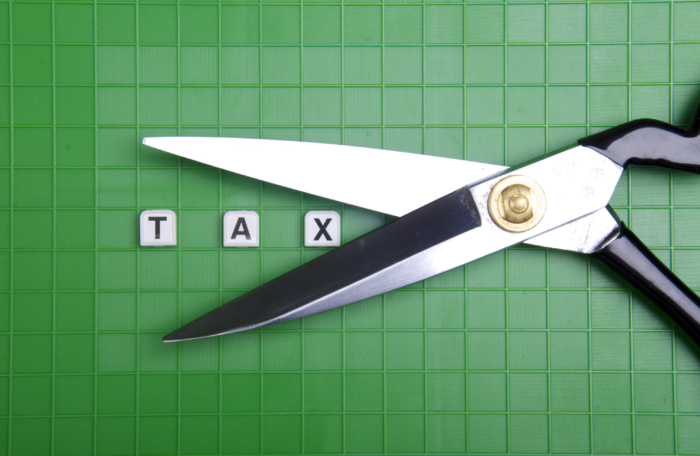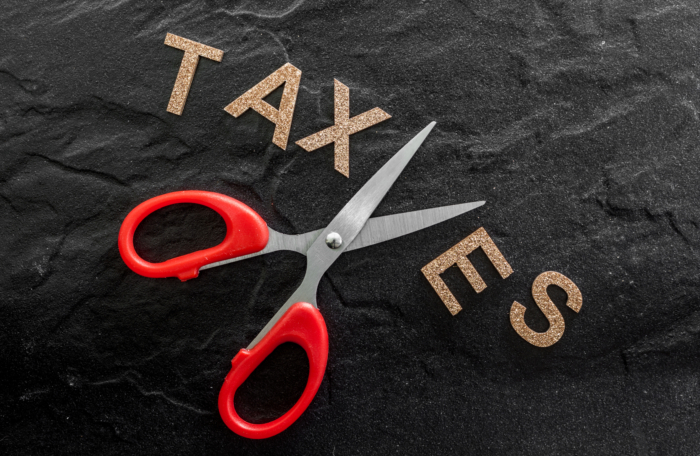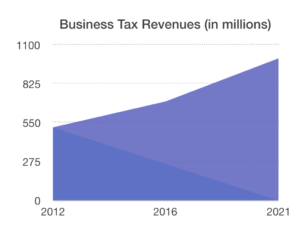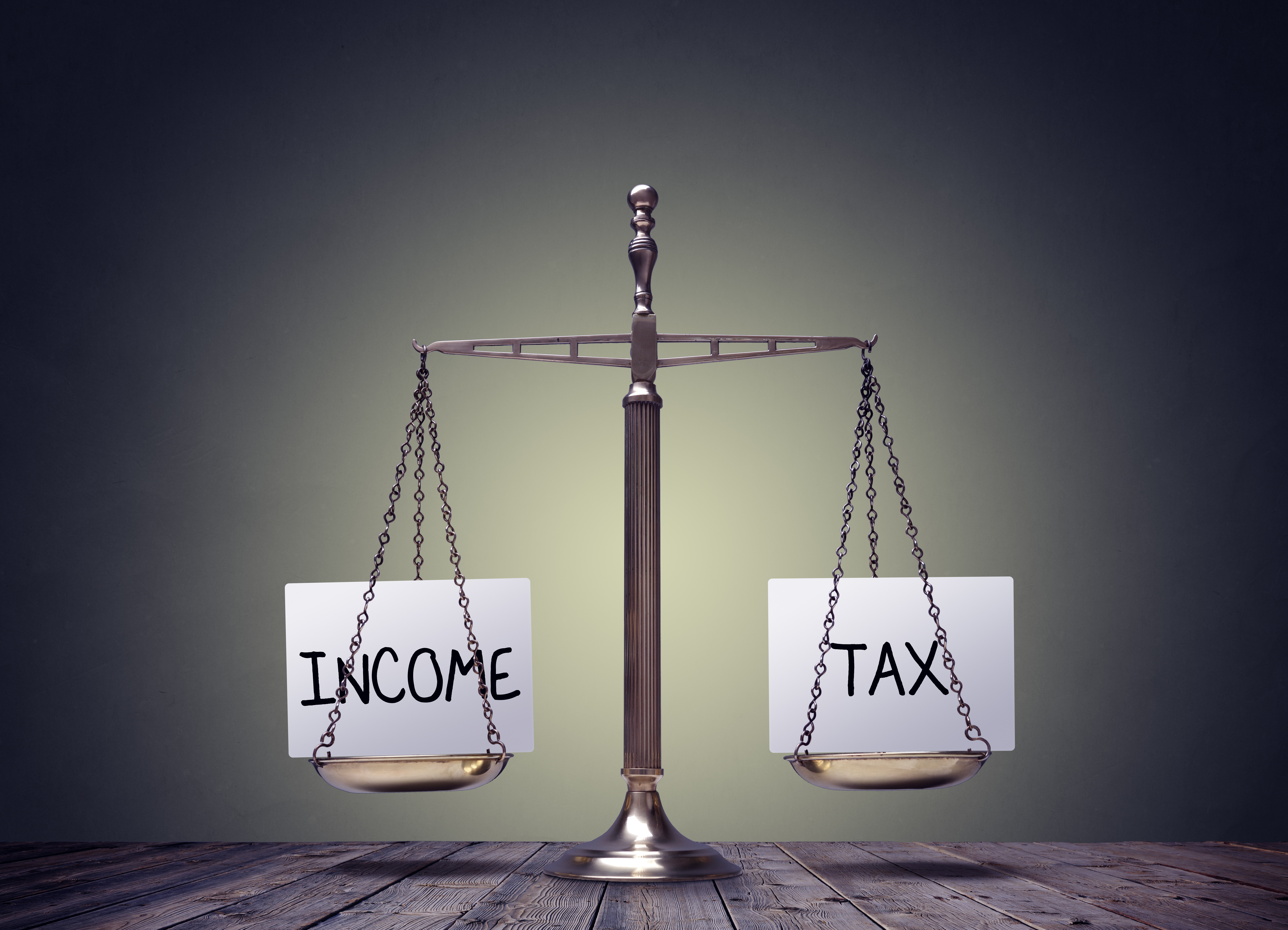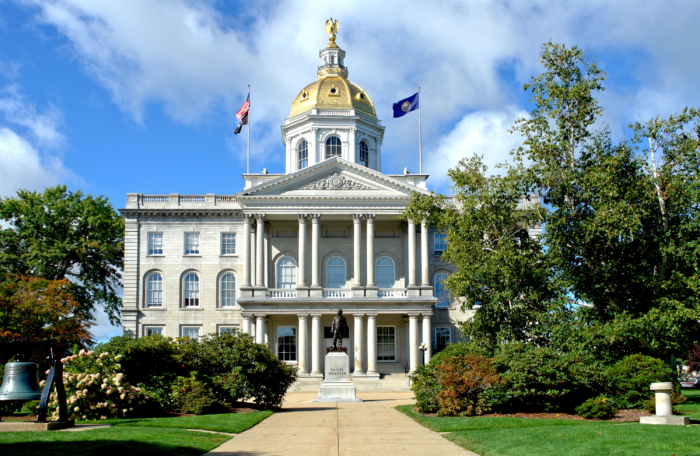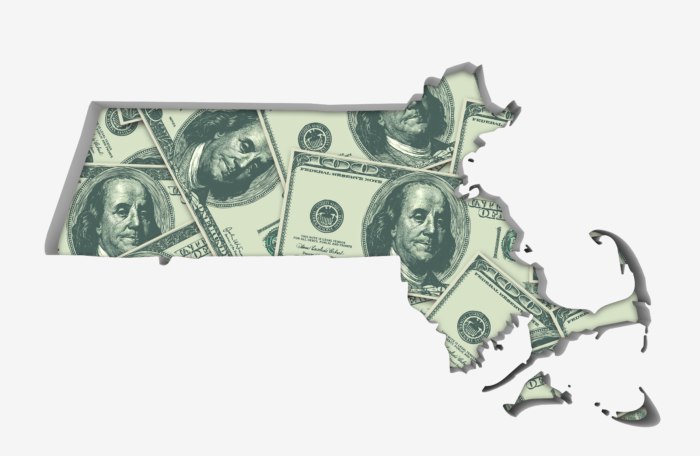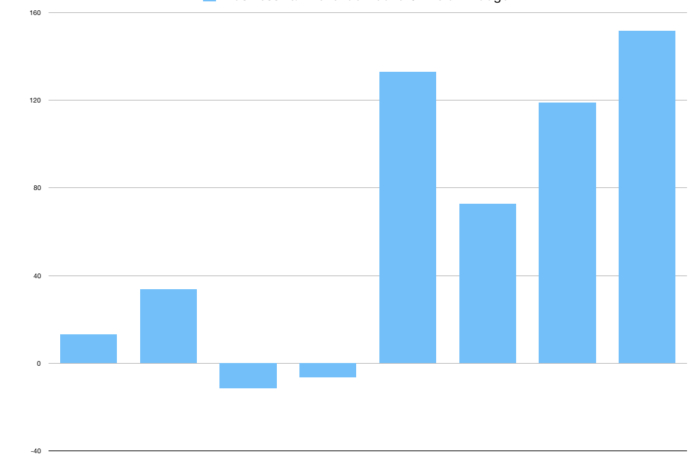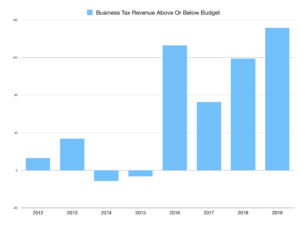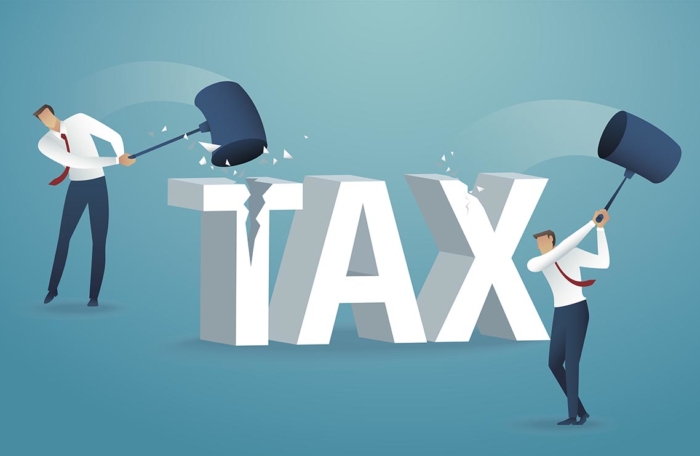The Tax Foundation’s Jared Walczak writes that a push for flat taxes is spreading through the states. This wave of tax reform can make these states more economically competitive, which is worth watching from a New Hampshire policy perspective.
Walczak writes:
In more than a century of state income taxes, only four states have ever transitioned from a graduated-rate income tax to a flat tax. Another four may adopt legislation doing so this year, and a planned transition in a fifth state can now go forward under a recent court decision. In what is already a year of significant bipartisan focus on tax relief, 2022 is also launching something of a flat tax revolution.
In 1987, the 75th anniversary of state income taxation, Colorado replaced its half century-old graduated-rate income tax with a single-rate tax. It would take another 30 years for another state to follow suit, when Utah implemented a flat tax in 2007. Next came North Carolina in 2014, as part of that state’s comprehensive reforms, and most recently, Kentucky implemented a single rate of 5 percent in 2019. They joined five other states which already had flat taxes: Illinois, Indiana, Massachusetts, Michigan, and Pennsylvania.
The first state income tax, implemented in Wisconsin in 1912, had a two-rate structure. The first flat tax was Massachusetts’ tax, which went into effect in 1917. Five states had income taxes back then, with Massachusetts and Virginia both implementing them that January. Only five years passed between the first progressive income tax and the first flat income tax, but 75 years passed between the first progressive income tax and the first time one was transitioned from graduated to single rate. It took more than a century for three to do so—and three states have adopted legislation to make that transition just this year, with a fourth cleared for the transition by a court decision and a fifth potentially in the wings.
Iowa is phasing in a 3.9 percent flat individual income tax by 2026, going from a graduated-rate tax that not long ago topped out at 8.98 percent. Mississippi will have a flat tax as of next year, with a 4 percent rate by 2026. Georgia’s income tax is now scheduled to convert to a flat rate of 5.49 percent, eventually phasing down to 4.99 percent. A court cleared the way for the implementation of Arizona’s transition to a 2.5 percent flat tax, which should happen, pending revenue availability, in 2024. And a flat tax remains an active consideration in Oklahoma as well.
See the rest here.

